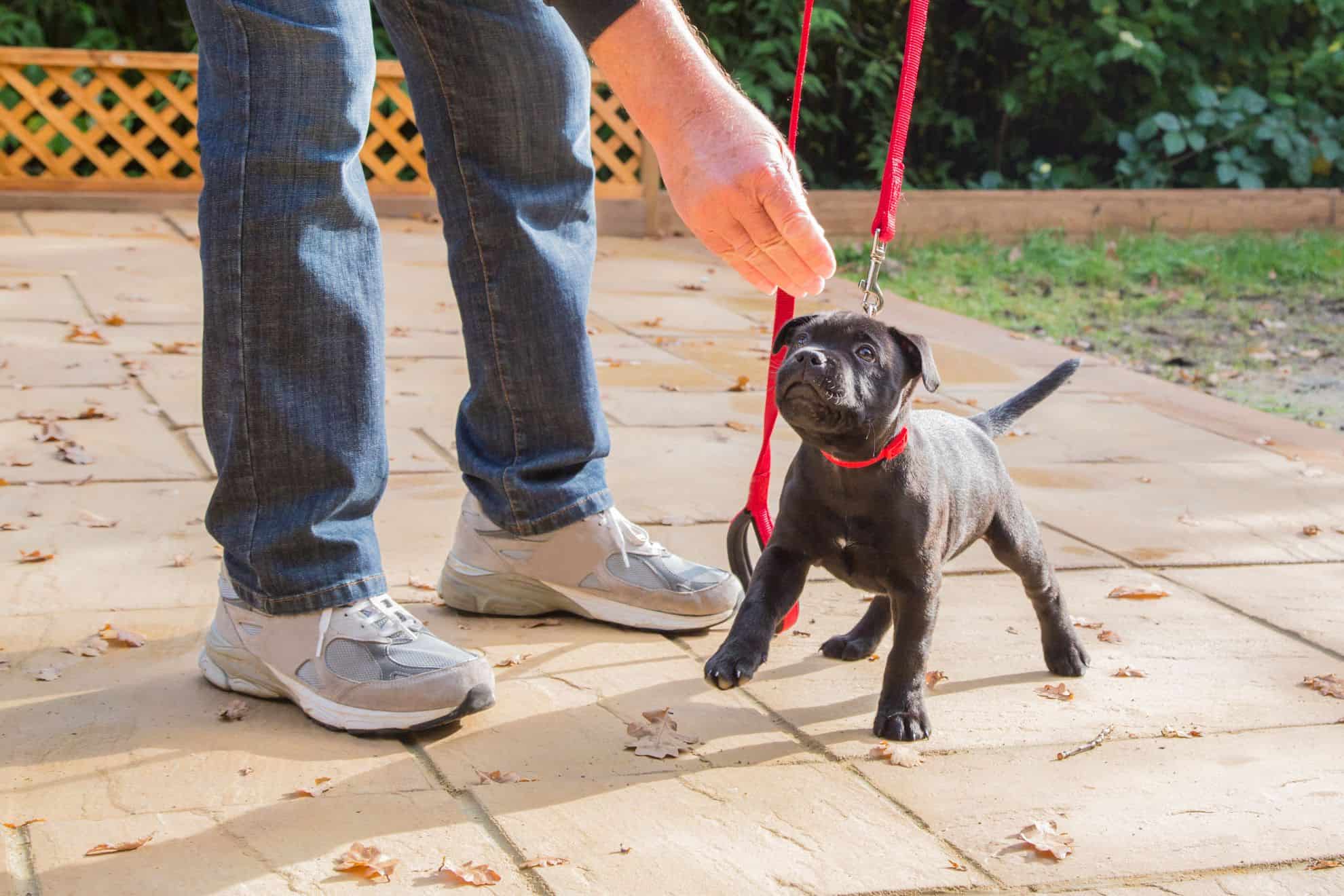
The first few weeks after you adopt a puppy are full of wonder and delight. Even when they behave mischievously or have accidents in the house, it’s easy to forgive a puppy who hasn’t quite learned all the rules yet. The trick is to correct any behaviors before they become a habit, but when exactly is the right time to start puppy training? While it is never too early, it can definitely become more challenging the longer you wait.
Getting It Right
Your puppy depends on you in order to learn how to behave, and what to do at certain times. Just as important as finding the right collar, leash, bed, toys, and food, landing on the appropriate training method is key to your puppy’s health and wellness.
New World
You want your puppy to be as calm, trusting, and confident as possible. To achieve this, you’ll need to introduce them to all sorts of stimuli. Providing neutral exposure to different smells, sights, tastes, sensations, and sounds will help them build skills necessary to behave well in any scenario.
They should have a working understanding of other animals, children, babies, wheels, horns, traffic, the veterinary hospital, and other public places.
Positive Connections
Socializing your puppy will take time, patience, and regularity. The more they see and do, the better. Always reward them with high-value treats and praise so they begin to make positive associations with every new experience.
The most impressionable period in a puppy’s life is between 3-12 weeks old. Once they reach about four and half months, their opinions about certain things are less flexible. They should exhibit comfort with handling and meeting new people by this time.
The Right Program
Once your puppy is fully vaccinated (around 4 months old), you can start regularly attending puppy training classes.
Puppy training classes provide valuable instruction in a controlled and structured fashion. These group classes can be a lot of fun, but they do require patience and dedication to get the most out of the curriculum.
Your puppy should start to demonstrate basic manners, including housebreaking hints, appropriate leash walking, decreased mouthing or biting, and beginner’s obedience commands like “sit,” “stay,” or “down.” Over time, and with consistent practice, they’ll soon demonstrate mastery of additional commands, such as “drop it” or “come.”
Successful Puppy Training
Giving your puppy the chance to learn their place in your family is invaluable. Since behavioral problems are the number one reason that owners surrender their pets, puppy training should be a high priority for any dog owner.
If you have any questions about canine behavior, or your puppy’s health and wellness, please call us at (530) 533-7513. Our team is always here for you at Oroville Animal Health Center.
